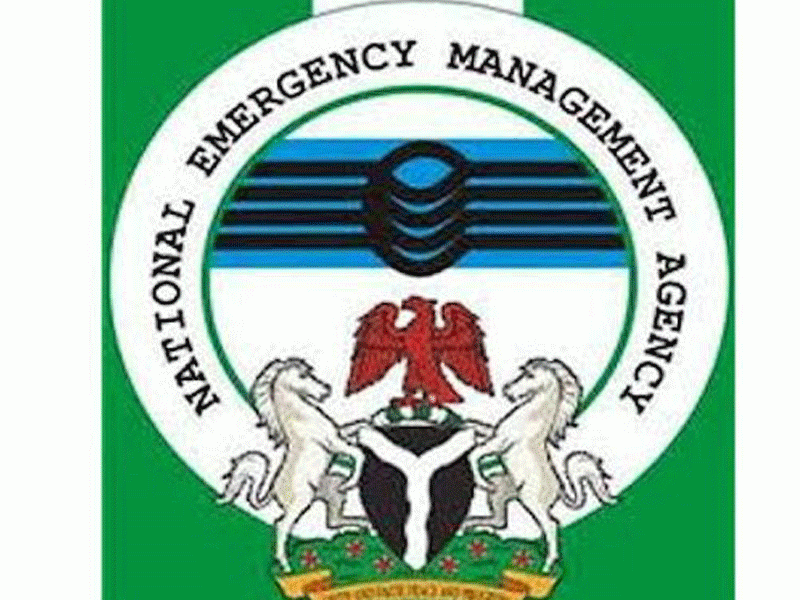
By Kasim Sumaina:
The National Emergency Management Agency (NEMA) Wednesday disclosed that the available statistics at its disposal has shown that this year’s flood is the worst in 10 years, as more than 100 communities are affected daily within the country.
The Director General of NEMA, Mustapha Habib Ahmed, in his address at a one-day strategic workshop with Disaster Risk Management stakeholders in Abuja, stated that the situation is very bad and, “it keeps on going up.
“But we pray in the next few weeks, things will recede a bit. But disaster has really hit hard, worse than 2012 and it’s still going up”.
According to Ahmed, “The numbers are still going up. Based on seasonal climate prediction, and the annual flood outlook released by NiMet and NIHSA. So the figures are still going up and communities and lives are seriously affected.
“I don’t have the figure accurately, but I think it has exceeded the 372 figure lives last released that have been lost so far.”
On measures taken to mitigate the impact of the disaster, the NEMA boss noted: “Disaster management, as they say, is local. It happens, it hits a community within a local government, within a state.
“So the first responders are always the local government. We have written countless times to states that they should set up local emergency management committee. NEMA cannot be in every community in Nigeria, there are 1000s of communities. The local government must step in first, the state when the capacity is exceeded, then NEMA comes.”
Speaking on the reoccurrence of the disaster, he said: “Maybe they are not taking the reports we are sending to them very seriously. Immediately the Nigerian Meteorological Agency (NiMet), releases its report, we send the risk mapping to states, identifying risk areas, areas that will be hit by disaster.
“So these states have all these information. With all these information, we believe states are to develop mitigation strategy. NEMA cannot be everywhere all the time but the states can start and NEMA can follow up.
“They didn’t respond to us, but we have written, that is the most important thing, we have written to them, given them the seasonal climate prediction and risk mapping and also identifying areas and advising them to set up the local emergency management committee.
“As it is, most states don’t have local emergency management committee in their states.”
He stressed that as it is known globally, disaster issue generally has become a cross cutting thematic area, straddling all facet of human endeavours, adding that: “It is therefore our collective responsibility as a people with shared vision to ensure that we build a resilient society for sustainable development through our statutory functions as spelt our in our various institution enactments.”










